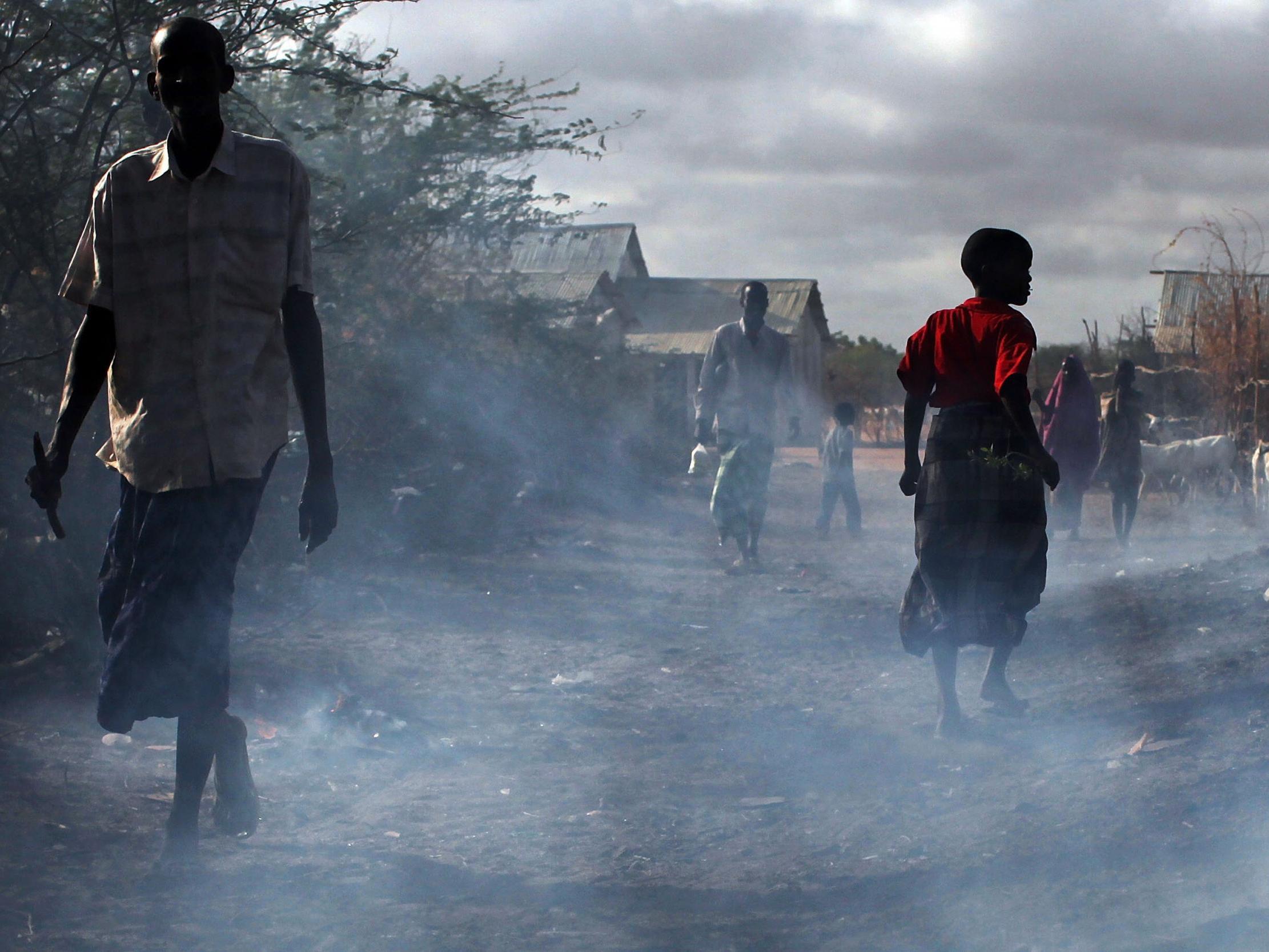Uber driver turns out to be Somali war criminal
Former army colonel ordered to pay $500,000 (£395,000) in damages

Your support helps us to tell the story
From reproductive rights to climate change to Big Tech, The Independent is on the ground when the story is developing. Whether it's investigating the financials of Elon Musk's pro-Trump PAC or producing our latest documentary, 'The A Word', which shines a light on the American women fighting for reproductive rights, we know how important it is to parse out the facts from the messaging.
At such a critical moment in US history, we need reporters on the ground. Your donation allows us to keep sending journalists to speak to both sides of the story.
The Independent is trusted by Americans across the entire political spectrum. And unlike many other quality news outlets, we choose not to lock Americans out of our reporting and analysis with paywalls. We believe quality journalism should be available to everyone, paid for by those who can afford it.
Your support makes all the difference.A former Uber driver has been found responsible for torturing a teenager during Somalia’s civil war more than 30 years ago.
Former Somali army colonel Yusuf Abdi Ali, known as “Tukeh”, tortured and shot Farhan Mohamoud Tani Warfaa, a civil jury in the US capital of Washington DC found.
Mr Warfaa told the court that he was 17-years-old and herding cattle when he was rounded up during a mass arrest in December 1987 over a missing water-tanker truck.
During weeks of interrogations, he said he was regularly beaten and hogtied in a position known as the “mig”, in which his hands and feet were stretched behind his back.
Mr Warfaa said Colonel Ali shot him several times and left him for dead when his interrogation was interrupted by an insurgent attack.
Soldiers were ordered to bury Mr Warfaa by Ali, but after realising he was still alive they solicited a bribe from his family to let him live, his lawsuit claimed.
Ali, who now lives in Alexandria, Virginia, acknowledged he was a Somali colonel, but denied torturing Mr Warfaa.
His defence attorney Joseph Peter Drennan argued that his accusers were motivated by “clan vengeance and the agenda of advancing some kind of victimhood status for the Isaaq people.”
But the jury nonetheless found him responsible for the torture of Mr Warfaa.
However, it explicitly rejected an allegation Ali was responsible for the attempted extrajudicial killing of Mr Warfaa, despite Mr Warfaa’s direct testimony that it was Ali who shot him.
After three days of deliberations Mr Warfaa was awarded $500,000 (£395,000) in damages.
Mr Warfaa, who brought the lawsuit with help from the San Francisco-based centre for Justice and Accountability, said in a statement the verdict was “a vindication not only for me, but also for many others in Somaliland who suffered under Colonel Tukeh’s command”.
It is unclear whether Mr Warfaa will be able to collect any significant payment.
Ali’s lawyer, Mr Drennan, said his client did not have that kind of money and he had until very recently been working as an Uber driver until he lost that job because of publicity over his case.
Uber said Ali had been “permanently removed” from the app.
Join our commenting forum
Join thought-provoking conversations, follow other Independent readers and see their replies
Comments